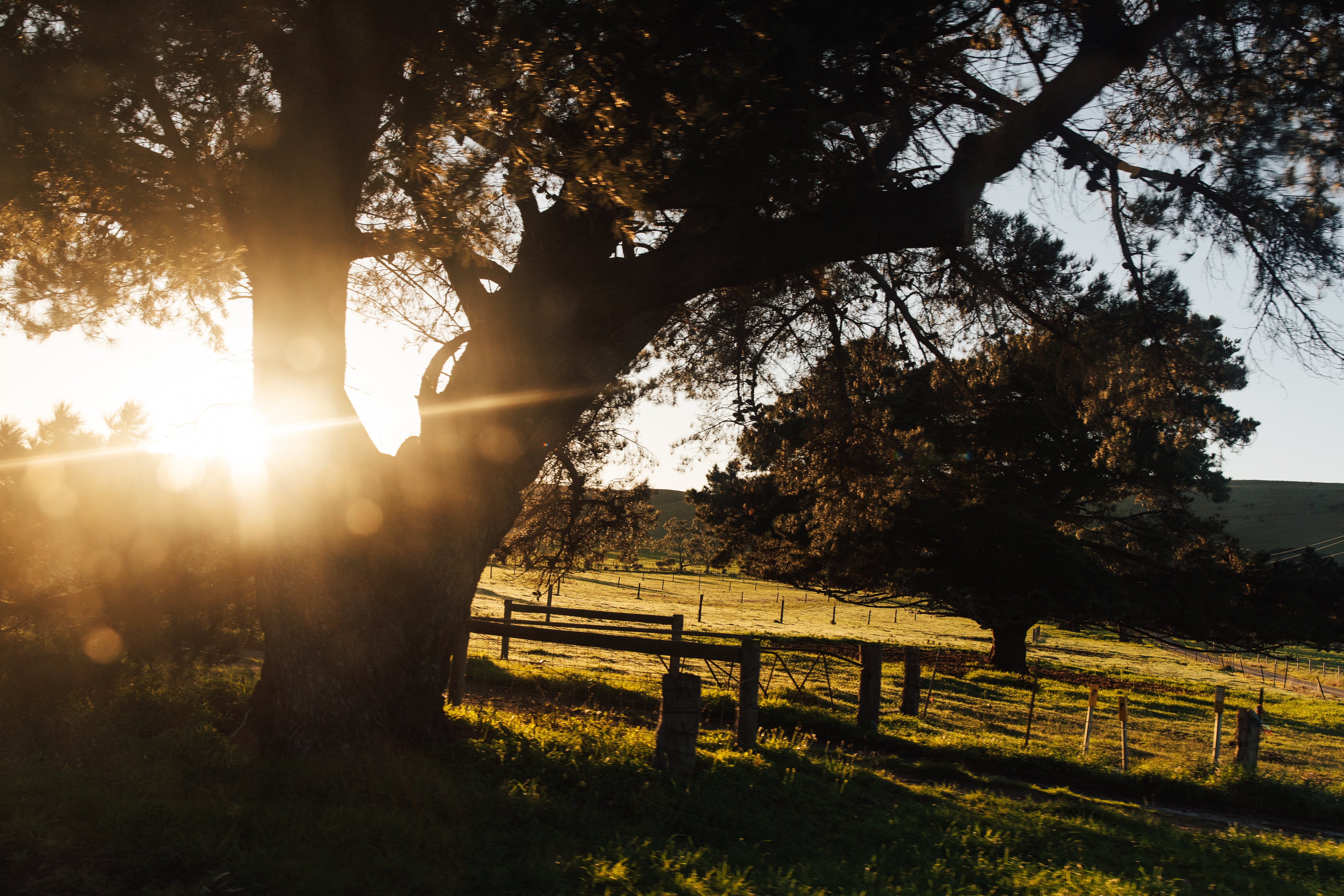
Pastoral concern over losing independent organisation
FOR most pastoralists in South Australia, the main topic of conversation has been the rain event – or in some cases the lack of it – in the second week of January.
Many properties received more than 50 millimetres across a large section of the north, particularly east of the Oodnadatta Track. This has changed the outlook for those fortunate to receive the heavier falls, while others will need several decent falls to get their country into a position to take advantage of the better cattle prices.
Given the good stock prices on offer, particularly for cattle, the recent rainfall across most of northern SA has created a general feeling of optimism within the pastoral community for 2015. The lift in wool prices over the past few weeks has also been a positive for Merino sheep producers.
Weather aside, the main uncertainty for northern property owners at present is the proposed abolishment of the Pastoral Board and ramifications for producers in dealing with the Native Vegetation Council, Natural Resources SA Arid Lands, Valuer General’s Office and the Pastoral Unit.
Livestock SA surveyed pastoralists and found the main concern is that they will lose an independent body that can act on issues raised and represent their views to government.
Pastoralists need a confidential forum where they can discuss sensitive issues which may affect their families and businesses.
A meeting organised by Livestock SA’s Northern Region at Port Augusta in December to discuss the issue was very well attended. This was then followed up with a delegation from Livestock SA that met with Minister Ian Hunter on future options if the Pastoral Board is abolished. Livestock SA is waiting on Mr Hunter’s decision on the board, expected in the next few weeks.
The Far North Water Infrastructure Grant Scheme has been managed by Livestock SA over the past six months. It is enabling pastoralists on eligible drought‐affected properties to access funds for water infrastructure repairs and improvement so they can be better equipped for the next dry period. All funding was allocated before the December 31 deadline for up to 17 projects.
Works have been targeted at cleaning dams in preparation for future rains; poly‐piping, tanks, solar pumps and stock troughs to improve water movement and pasture use, and bore refurbishments for water security.
Other ongoing issues include the wild dog debate – both addressing the problem north of the dog fence and controlling dogs who have made it through the fence and moving south. Recent heavy rains in the northern Flinders have added to this problem inside the fence, with large sections damaged. However, contractors were quick to get the fence back to its dog‐proof status.
Some good initiatives have been put forward for $300,000 in funding from the Commonwealth and State Governments for wild dog control, as part of the drought funding. Outside the fence, funds will be allocated to supporting volunteer shooters to work with landholders and providing access to subsidised manufactured baits. Inside the fence, a professional dog trapper will support landholders and provide trapping training workshops for landholders.
The Drought Concessional Loan Scheme has only recently become available to pastoralists, after months of impasse between federal and state governments. Livestock SA has been consistently working behind the scenes to get these funds rolled out to where they are so desperately needed.
While the rain may have broken the feed drought for some, the financial drought continues for most as high stock prices have made restocking of drought‐affected properties cost prohibitive.
Road conditions for access to pastoralists’ properties continues to be an ongoing problem and several meetings have been held with the Department of Planning, Transport and Infrastructure on funding allocations for outback roads. Restrictions on truck configurations continue to hamstring SA producers compared to those across the border.
This issue and the others listed highlight the important work that Livestock SA does on behalf of pastoralists for livestock production in northern SA. With new president Geoff Power and board member Andrew Clarke, our voice on these pastoral issues is being represented directly to all board members and communicated to industry.
